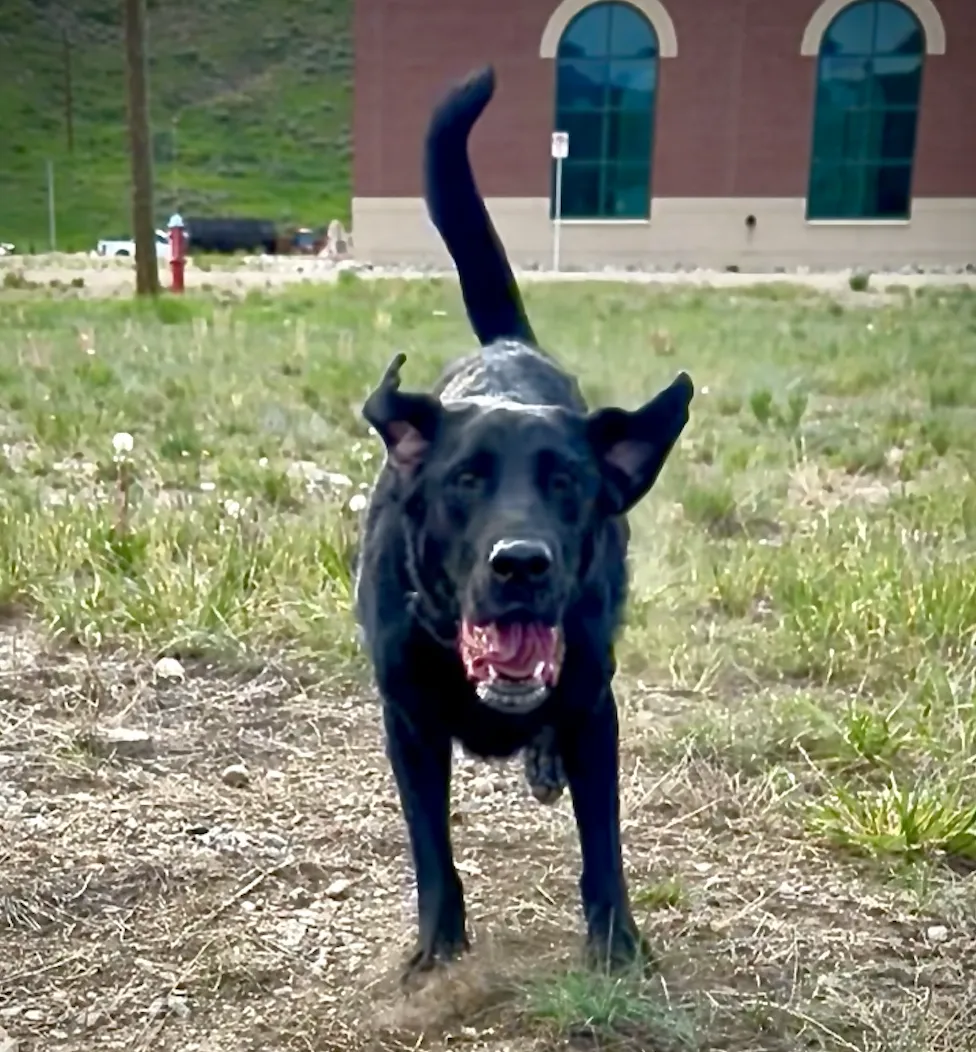
Stop winging it — start training with clarity, structure, and problems that build greatness.
Training Toolbox Thinking: How (and Why) to Build a Library of Dog Training Problems
Stop winging it — start training with clarity, structure, and problems that build greatness.

“Great training sessions don’t come from thin air — they come from a plan.”
Picture this: you’re standing in the field, leash in hand, dog ready to go, and suddenly you realize… you don’t actually know what problem you’re about to run. So you make something up on the spot.
That’s not training. That’s guessing.
And guessing doesn’t create great dog teams.

Real progress comes from clear, intentional practice. That’s why I believe in building a Library of Dog Training Problems.
A Library is exactly what it sounds like — a collection of training problems written down and ready to use. Instead of trying to come up with something in the moment, you can pull a problem from your Library, run it with purpose, and reflect on what you learned. Over time, the Library becomes your toolbox — filled with problems that make you and your dog sharper every session.
Why Build a Library?
Because training without a plan is like cooking without a recipe. You might end up with something edible, but it probably won’t be great.
When you write down your training problems, you:
Save time. No more wondering what to do when you show up to train.
Pay attention. Writing goals first makes you notice more during the run.
Build faster. Each problem builds on the last, instead of repeating the same easy habits.
If you’re not writing down your training problems, you’re leaving progress to chance. And that’s not fair to your dog.
What Goes in a Training Problem?
Here’s what one problem card looks like:
Title: Short and easy to remember. (“Hamburger on the Trail” is better than “Distraction #4.”)
Dog Goal: What do you want your dog to learn?
Handler Goal: What skill are you practicing? Observation, timing, reward delivery?
Plan for the Dog: Where’s the odor? What’s the setup?
Plan for the Handler: What exactly will you do? Leash work, body position, reinforcement?
If-Thens: Decide ahead of time. If my dog ignores odor, then I… No more fumbling in the moment.
Reflection: What worked? What didn’t? What’s next?
Video: Record it. Because memory lies, but video doesn’t.
Do this once, and you’ve got a training problem. Do it over and over, and you’ve built a Library.
How to Start Your Own
You don’t need anything fancy. A notebook, index cards, or a spreadsheet works just fine.
Write down three training problems you want to run this month.
Add one dog goal and one handler goal for each.
Write at least one if-then plan.
Run the problem, reflect, and write down what happened.
Repeat.
Keep going, and in a few months you’ll have a Library filled with your own training wisdom.
Why It Works
This works because it’s deliberate practice — the kind experts use in every field. Musicians, athletes, even surgeons don’t “wing it.” They set goals, plan responses, and review their results.
A Library forces you to do the same. It turns “random training” into purposeful reps that build both you and your dog.
And Yes — We’re Building One Too
At The Society for Dogs and OdorQuest, we’re building a shared Library of Dog Training Problems. Members add their own problems, trade feedback, and use the Library to grow together.
We’d love for you to join us, but here’s the truth: this isn’t just about membership. It’s about greatness. Whether you’re in the Society or working on your own, the Library concept will change your training.
So use the idea. Build your own Library. And if you want to use ours? You know where to find us.
Final Word
Dogs don’t care about your perfect plan. They care about how you show up.
A Library of Dog Training Problems helps you show up with clarity, confidence, and purpose. It turns dabbling into progress and frustration into growth.
So stop guessing. Start writing things down. Your dog deserves more than random reps — and so do you.
At Dog Merickel, that’s what we’re all about: courage, clarity, and greatness, one problem card at a time.
The inspiration for this Training Library grew from the brilliant work of Eva Bertilsson and Emelie Johnson Vegh of Carpe Momentum, and from the teaching and guidance of Dr. Mary Cablk. Their ideas lit the spark — we’re carrying it forward.
